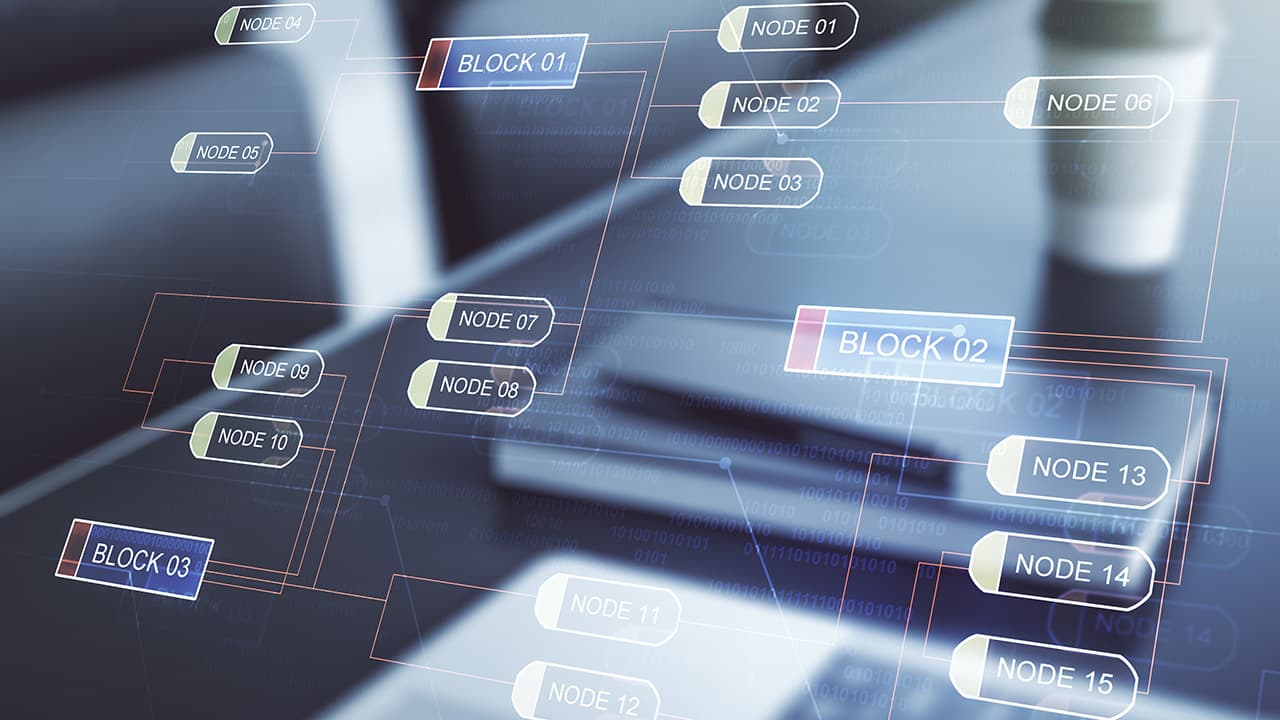What Is an AI Agent in Generative AI?
AI agents play a crucial role in advancements in the AI sector. These sophisticated systems can perform various tasks efficiently, much like a relay team where each member contributes to the overall success.
What Are AI Agents?
An AI agent is a system that can perform actions autonomously based on its environment. This environment can range from software applications to complex industrial systems. The agent's main purpose is to make decisions from input data, execute actions, and achieve specific goals without the need for human involvement.
Components of AI Agents
AI agents consist of several components that specialize in different functions. Key components may include:
- Data Gathering Sensors: Collect data from the environment.
- Decision-Making Algorithms: Analyze data and make decisions.
- Action Mechanisms: Execute physical tasks or automated communications.
- Learning Modules: Adapt based on past actions and outcomes.
These components work together in workflows to enable the agent to perform complex operations.
How Do AI Agents Integrate into Workflows?
AI agents excel in workflow integration. In a manufacturing context, for example, an AI agent can gather input from production line sensors, analyze this data to predict maintenance needs, and schedule repairs autonomously. In customer service, an AI agent can interact with customers, resolve queries, and escalate issues as required, all within a streamlined workflow.
Recent Advancements in AI Agents
Several developments have enhanced AI agents:
-
Increased Autonomy: Modern AI agents can make complex decisions using extensive data. Machine learning and deep learning advancements support this capability.
-
Improved Integration: Standardized APIs and frameworks simplify the integration of AI agents into existing systems, enabling seamless communication across various technologies.
-
Enhanced Learning Abilities: Reinforcement learning allows agents to learn from actions and outcomes, leading to improved performance over time.
-
Ethical AI Development: There is a focus on creating AI agents that make fair decisions, avoid bias, and respect user privacy and security.
Where Are AI Agents Used in Workflows?
AI agents are increasingly incorporated into workflows across various industries. Here are some examples:
-
Customer Service: An AI agent in a customer service workflow can identify issues from emails, retrieve information from databases, and draft responses, improving efficiency.
-
Data Processing: AI agents can automate data entry, validation, and analysis tasks, saving significant time for human employees.
-
Content Creation: Content creators can use AI agents to research topics, gather images, and draft outlines, streamlining the content creation process.
Cutting Edge Developments in Embedded AI Agents
The field of AI agents continues to evolve. Notable trends include:
-
No-Code Workflows: New tools allow users to design workflows visually, making AI technology more accessible to non-coders.
-
Hyper-Specialization: AI agents are becoming highly specialized for specific tasks, allowing for greater efficiency and accuracy.
-
Human-AI Collaboration: Future AI agents will better integrate human input, enhancing workflows through collaboration.
AI agents in workflows represent a significant advancement in how tasks are approached. These intelligent systems can enhance productivity, allowing humans to concentrate on more strategic activities. Their evolution signifies a transformative shift in human-machine interactions.
(Edited on September 4, 2024)












